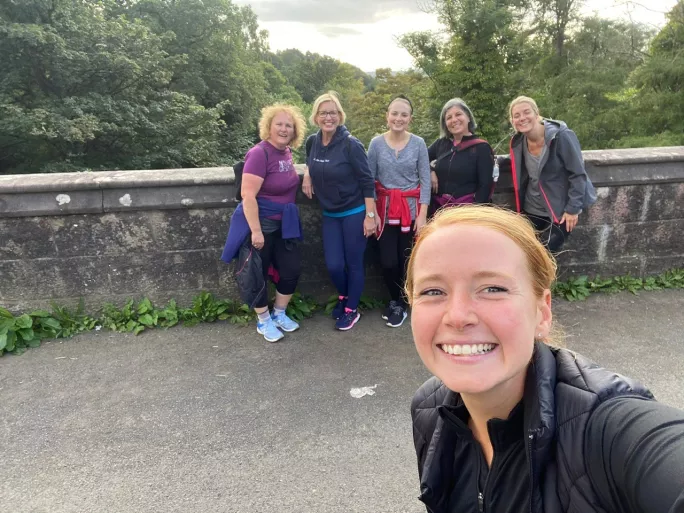Schools have been under so much pressure recently. We’ve seen the highest ever number of teachers in Scotland off sick or in self-isolation, and staff have been under more pressure than ever before to pull together and work as a team. With regulations and expectations constantly changing, they have had to commandeer a level of flexibility and adaptability far beyond any previous experience.
To say it has been a challenge to maintain high-quality learning experiences for pupils would be an understatement. Yet, practitioners across the country have risen to the challenge, pulling together as a collaborative force to ensure the best possible outcomes for the young people in our care.
Teaching is profoundly a vocation. Not only do we educate learners but we undertake a variety of roles not directly specified in the job description. There are the breakfasts that we provide for the children who require it most; the late nights, delving for the extra material to engage that one pupil; the trips planned at the weekend to keep children busy and out of trouble; and that uncanny ability to say exactly the right thing to a child in need.
Teacher wellbeing: True resilience means knowing when to give up
Workload: Why teacher workload is the scariest thing of all
Quick read: When teachers should say ‘no’ - and how to do it
International view: Reduce teachers’ class contact time to realise CfE goals, says the OECD
Above all, we care for our young people, more than anyone outside of the teaching profession could really comprehend. Amid all the chaos of Covid-19, we have constantly and fundamentally worried about the wellbeing of our learners.
That said, the vocational commitment of teachers should not then be used as a vehicle to overwork, guilt trip or compromise teacher mental health.
Teaching is, at times, a thankless task. We must be prepared to accept roles without the expectation of recognition or praise. Our commitment to the profession at times can leave us feeling very self-critical, under pressure and trying to manage an overwhelming amount of stress.
If practitioners want to be able to make a real difference, our health and wellbeing needs to be a priority, now more than ever.
“I just don’t have enough time,” I hear you say, and it’s true, we don’t have time as we have a neverending to-do list. However, we need to carve out the time for ourselves or run the risk of burning out and perhaps, more importantly, life passing us by.
Here at St Eunan’s Primary in West Dunbartonshire, we have worked really hard to invest time in ourselves and look after our wellbeing in and beyond the workplace, with these key principles:
1. Allow teachers room to make mistakes
We have, for example, engaged in a programme called Mindset in Education, to promote growth mindset across the school. We found that, although we were asking children to adopt growth mindset techniques, as teachers we were often very reluctant to apply these to our own lives. We don’t need to be the font of all knowledge and making mistakes or learning things alongside our pupils promotes positive relationships and learning experiences.
2. Prioritise mindfulness
We invested in a whole school, eight-week mindfulness course to nurture our own wellbeing, called Do-BeMindful, which in turn has helped us nurture the wellbeing of our children. When teachers experience the benefits of mindfulness practice, it helps us to manage stress, feel happier, calmer, more connected and present.
3. Make time for ‘wellbeing walks’
In small groups each week we simply go for a walk. Usually, it’s somewhere not too far, just to get us away from our desks and collaborate in the fresh air. We always feel great afterwards and it makes such a difference to how we feel at the end of the day. This can be coupled up with a nice meal or cup of coffee for the ultimate self-care experience.
In short, it’s tough right now to be a teacher - but neglecting ourselves won’t help us or our pupils. By allocating a small segment of time to concentrate on our own health and wellbeing, we benefit both ourselves and our pupils.
Katie Shearer is a principal teacher at St Eunan’s Primary School, in Clydebank, West Dunbartonshire. She tweets @KatieShearer8






